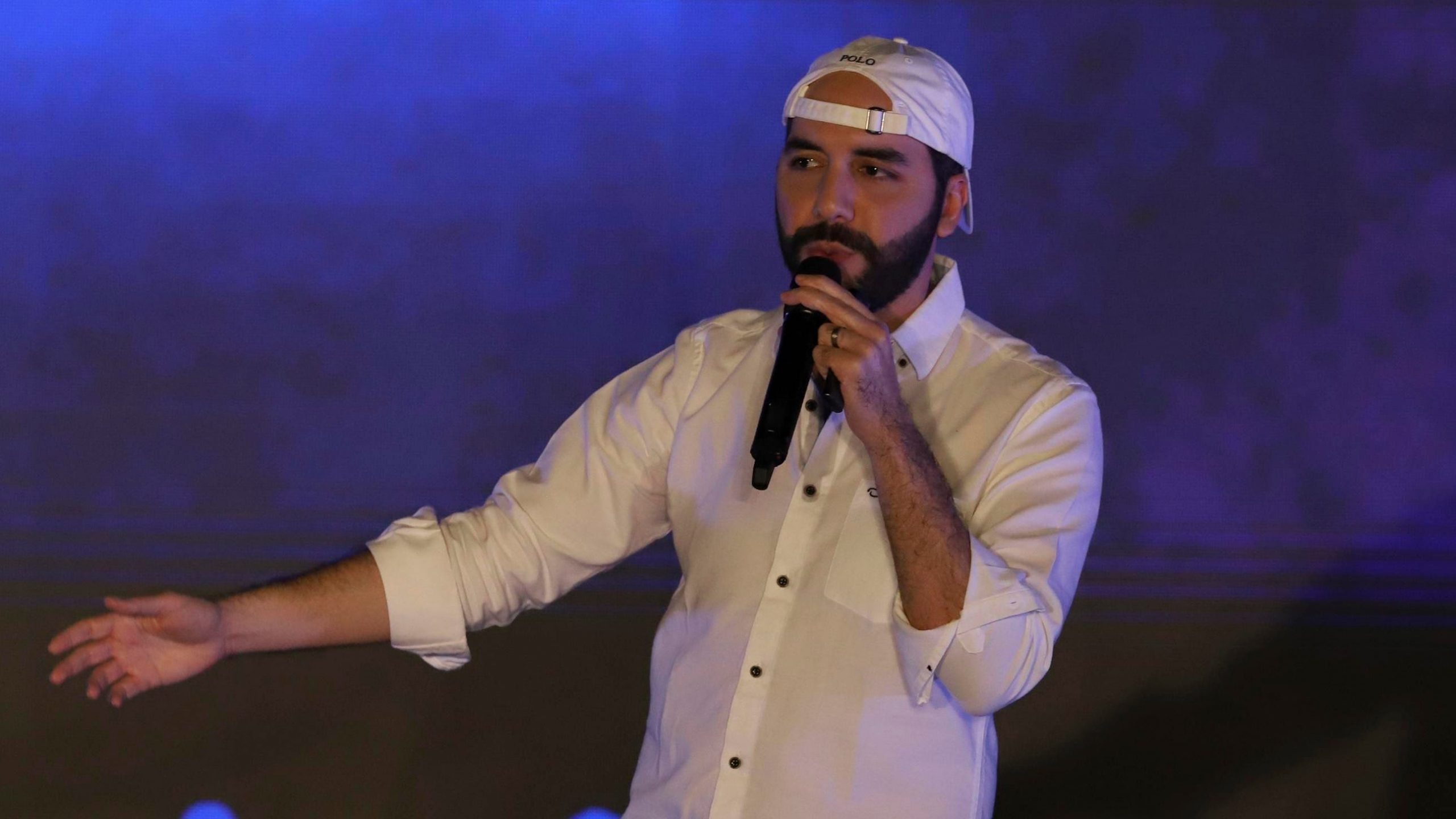IMF Believes In Bitcoin Wallet For El Salvador But Not Legal Tender Status

Today’s press release from the International Monetary Fund (IMF Executive Board) stated that it had concluded an 2021 ‘Article IV Consultation with El Salvador. This consultation included recommendations about the country’s economic policies.
Although the Board was impressed by the country’s handling of the effects of Covid-19, concerns were expressed about the country’s large public debt which grew during the pandemic. The Board expressed concern about El Salvador’s banks’ ability to recover from extraordinary liquidity measures and debt relief for individuals and businesses.
The Board commended El Salvador for its decision to adopt a forward-looking, risk-based approach to financial supervision when it comes to monitoring its banks.
The Board also discussed the importance of financial inclusion, and how El Salvador could make progress in this area by offering a Chivo digital wallet that can accept bitcoin and U.S. Dollar transactions.
Concern was voiced about the need to regulate and oversee the new Chivo Bitcoin ecosystem. Financial stability, financial integrity and consumer protection were some of the risks associated with Bitcoin.
Although El Salvador was highly praised for its efforts to improve financial inclusion, it was also recommended by the Board that the law be amended to remove Bitcoin’s legal tender status from the country.
Nayib Bukele, El Salvador’s President, has been very firm in his belief in the benefits of Bitcoin to his country.
The use of Bitcoin-backed bonds was also a concern for some Directors on the IMF Board. Blockstream’s Chief Strategy Officer, Samson Mow, revealed earlier this year that his company was responsible for overseeing the implementation and maintenance of the multi-billion dollar ‘Volcano bonds’. The money would be split in half to buy Bitcoin mining equipment and the other half to buy Bitcoin.
El Salvador’s Chivo Wallet website explains how Bitcoin is distributed. It explains that ‘… is a virtual currency that was created in 2009 and can be used to buy products and services just like any other currency. It is not centralized, which means that there is no authority responsible for its creation and control. All information is stored in a global decentralized database.
The key benefits of Bitcoin as a digital currency are listed by El Salvador’s wallet. They include the ability to use it as a global currency, opening the country up to international markets, the ability to save money on remittances, the removal of intermediaries, the possibility to transfer money to family members, and as an investment as investors can spend their Bitcoins in El Salvador. This could help to improve the country’s economic performance. The complete press release by the IMF can be found.
